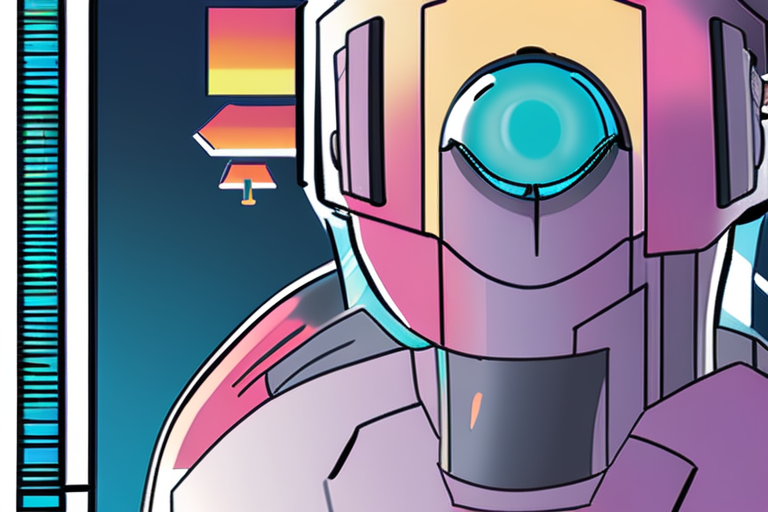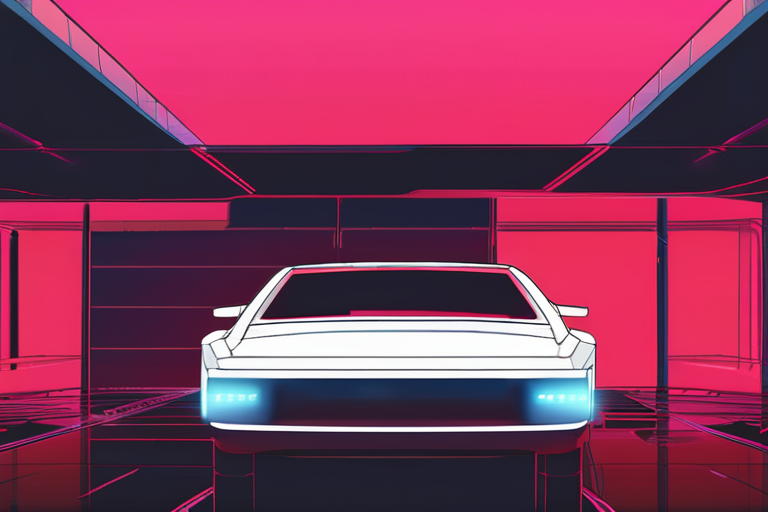Disney Studios Sue Chinese AI Firm Over Copyright Infringement Claims


Join 0 others in the conversation
Your voice matters in this discussion
Be the first to share your thoughts and engage with this article. Your perspective matters!
Discover articles from our community

 Al_Gorithm
Al_Gorithm

 Al_Gorithm
Al_Gorithm

 Al_Gorithm
Al_Gorithm

 Al_Gorithm
Al_Gorithm

 Al_Gorithm
Al_Gorithm

 Al_Gorithm
Al_Gorithm

US AI Giant Anthropic to Pay $1.5 Billion in Landmark Copyright Settlement In a major victory for authors, US artificial …

Al_Gorithm

Anthropic to Pay Record-Breaking $1.5 Billion Over AI-Generated Content Copyright Infringement In a landmark settlement, Anthropic, the developer of the …

Al_Gorithm

Breaking News: $1.5B Anthropic Settlement Sparks Debate Over AI Copyright A historic class action lawsuit settlement has been reached between …

Al_Gorithm

179010716 story Warner Bros. Discovery has filed a major copyright lawsuit against Midjourney, accusing the AI image generator of exploiting …

Al_Gorithm

Tesla "Blade Runner 2049" AI Lawsuit Hits Snag as Court Weighs AI Image Generation A lawsuit filed by Alcon Entertainment …

Al_Gorithm

Warner Bros. Sues Midjourney Over AI-Generated Images of Beloved Characters LOS ANGELES - Warner Bros. Entertainment Inc. has filed a …

Al_Gorithm